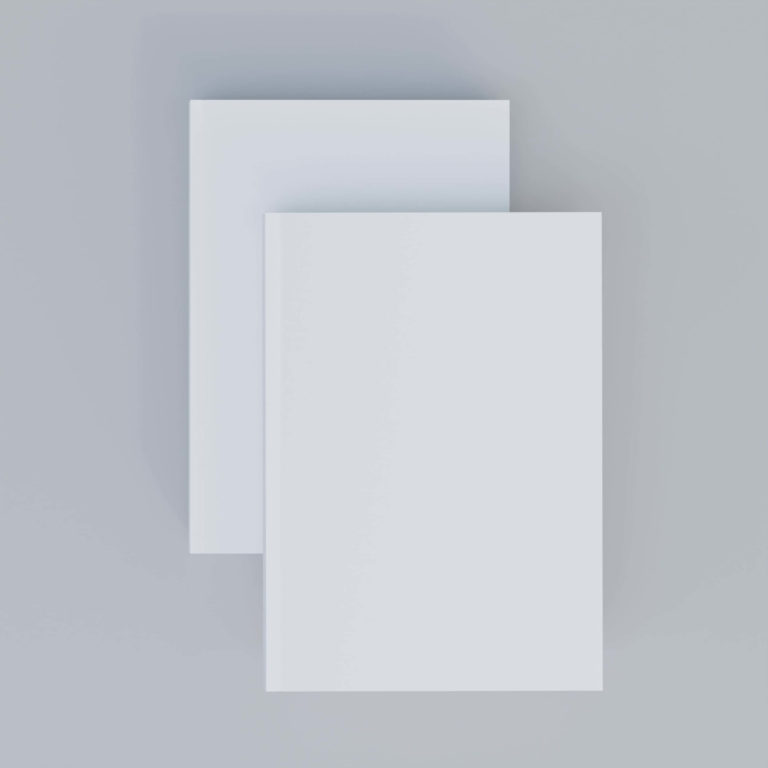I Need Writing Software That Will Help Me Organize My Work, Focus on My Writing, and Make My Work Available to Me on Multiple Devices
By now, we’re settling into the new year and our bucket lists and to-do lists are beginning to be completed. Still, we’re smack dab in the middle of a season popular for embracing new things. Which means the time for re-organizing, planning, and updating old things is now. And this week’s new thing is writing software.
Writing software can be like your favorite pair of sunglasses. Maybe you bought your first pair to block out the sun. But then things like blue light protection, size, lens shape, color, tint level, and style begin to matter. So, you upgrade your sunglasses game based on your new needs. And now, your favorite pair of sunglasses practically goes wherever you go.
Google Docs was the first writing software I used. I already had a Google account and knew how to use the software well enough. But then I started organizing literary projects across multiple documents and between the many other unrelated documents I write in Google Docs.
The need for better writing software quickly became urgent once the lack of organization, project accessibility, and writing optimization affected my work.
For 2024 and beyond, I’m going to need writing software that’ll help me organize my work, focus on my writing, and make my work super easy to find: I need a pair of go-to sunglasses. Or else I’ll lose sight of my work forever.
Well – not forever.
15 Writing Software Tools to Take Your Writing to the Next Level
Using the right writing software tool helps writers achieve their writing goals, organize work, structure and format pieces (according to their creative medium), track session word counts, analyze their writing habits, and of course store work.
Experiencing the adverse effects can lead to writing pieces getting abandoned, and you and I falling out of love with our pieces. At the very least, all a writer needs is a pencil and paper. But if you work from your laptop or phone, your writing software will not only be your main writing instrument but also your secretary. Able to manage all of your paperwork, collaborations, paper trails, and related files.
7 Ideal Things To Look For in Writing Software
Like most things in life, every writing software has its unique attributes. Among them all, there are some ideal attributes to look for in writing software to maximize your writing productivity, stamina, discipline, organization, and word count.
- Multi-device accessibility
- A folder-like organization system to organize documents according to their projects or parent stories
- Word count tracking and planning
- Formatting according to the writing medium
- Decent built-in spelling and grammar assistance
- Updated document sharing, collaboration & exportability
- Cloud or device storage to keep all your projects and work
These, are the basics. Go beyond your typical word processor with these 15 writing software picks.
1. Scrivner
2. Reedsy Book Editor
3. Google Drive
4. Living Writer
5. Writer Duet
6. MilaNote
7. Atticus
8. Dabble
9. Novlr
10. Microsoft
11. Final Draft
12. Bibsco
13. Ulysses
14. CelTX
15. Ia Writer
What Features Are You Looking for In Writing Software?
Under each company listed, are some key features to take note of when picking your writing software. Even though I am looking to move on from Google Docs, it’s a great place to start if you know nothing about your writing career except that you want to start.
Google Docs, Microsoft Word, and Reedsy’s Book Editor are great writing software picks for the beginning of your writing career.
We’re all looking for different features and I want to know what yours are. After this post, I think I’m going to be very picky about my next writing software. Meticulous organization, cloud storage, and being able to use the app on multiple devices are going to be my main decision-makers.
What are yours?
Don’t just be a good writer, be a great one!
Until my next words (on here that is),
Christa








